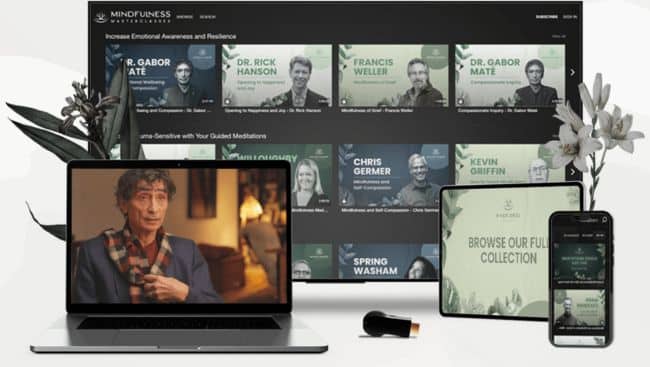Judgment and discernment are essential aspects of the spiritual path. Mindfulness exercises can increase one's ability to feel and skillfully respond to suffering.
Understanding judgment and discernment by Chas DiCapua:
The theme I want to talk about tonight is I believe a really important one and certainly has been in my practice, and that is kind of learning the difference between discernment and judgment in our practice.
A guy may have mentioned at some point earlier in our retreat that we bring ourselves to the practice, like our personalities, who we are, how the patterns in our heart and mind, that’s what we show up with.
Now, I think many of us I can’t say for certain, for you, like I have my own kind of cultural perspective. I’m sure, on things, but I think it’s somewhat general that when we’re brought up, we get a lot of training on what’s right and wrong, yeah? What’s good and bad. And, it’s not that these things are useful in some way. I think right and wrong really can go a long way and kind of allowing us to inhabit this planet together.
We are completely killing each other. We kind of all agree on generally on what’s right and wrong. And then, we can have some sense of ease, some sense of chaos, and again, living together in this world. So, I’m not saying there’s not a place for this kind of judgment. I want to explore maybe some of its limitations and compare it to discernment.
So, judgment is based in duality, this and that. Right? It split things up. Right and wrong. Good and bod. And it artificially puts them in boxes, in categories.
In reality, there are no categories, we make up categories. All the categories of anything, we’ve made up. You know, when the astronauts first out into, was it moon? Anyway, when they got a good look back on the earth, what they commented on, almost to the person was, “Oh, my. There’s no lines. There are no lines. We made this up. We drew the lines on the earth. We made the division between countries.
When you look at it, you just look at reality, they’re not there. We are the constructors of all divisions, of all categories. And we do this kind of often based on particular likes and dislikes of individuals or a collection of individuals. We start dividing things up politically, religiously, socially and we’re into those, in my box, or in my camp are right, and the others are wrong. Now, individually, or collectively, we may judge something as right or wrong, and another person or another collection of individuals might judge them differently, like the opposite.
And much difficult, you can stem from conflicting judgments and we just have to look around the world, and we see the manifestations of that.
Certain things we quite agree on. So, collectively, we kind of judge harming another human being as wrong, and abstaining from doing that is right. When it comes to other life forms, say, we’re not so much on the same page, generally. But when it comes to each other, you known, we kind of all agree on that, whether we actually abide by as another story, but in terms of judging in categories, that is we collectively agree.
Judging is about right and wrong, good and bad, better or worse, clean and dirty, smart and not smart, etc. Judgments are about structures of how things should be on our own mind. Because remember, we’re the one who make up the judgments, who make up the boxes. When something falls outside of that structure that we deem appropriate or acceptable, we judge it harshly, when it falls within that arbitrary, shifting circle of acceptability, we judge it positively. And I say shifting because, right where these things move, where these lines are of what’s right and wrong move.
It’s like talking with someone, you know, about if we have a view of something, and if it’s in this box, it’s right, and if it’s outside, it’s wrong, it’s talking to someone about the relationship to their parents, and how they were starting to see in their view, in their judgment they had—to relate to your parents in a certain way was wrong. I think this was, if I remember, being angry at them, having anger at your parents, they had a judgment about that. Being angry at your parents, they had a judgment about that. Being angry at your parents was clearly inside the wrong box for them. But they were angry at them, and so, they were suffering, because this shouldn’t be. Well, here it is.
The other thing that judgments does is it supports the sense of self. When we are in the mode of judging, the sense of self tends to be solidified, and pretty strong. There’s a self that is doing the judging. And then there’s a self that the judging maybe trying to protect, support, compensate for, etc.
Find more exercises related to mindfulness at work here.
Find more mindfulness exercises related to self-discovery and purpose here.












